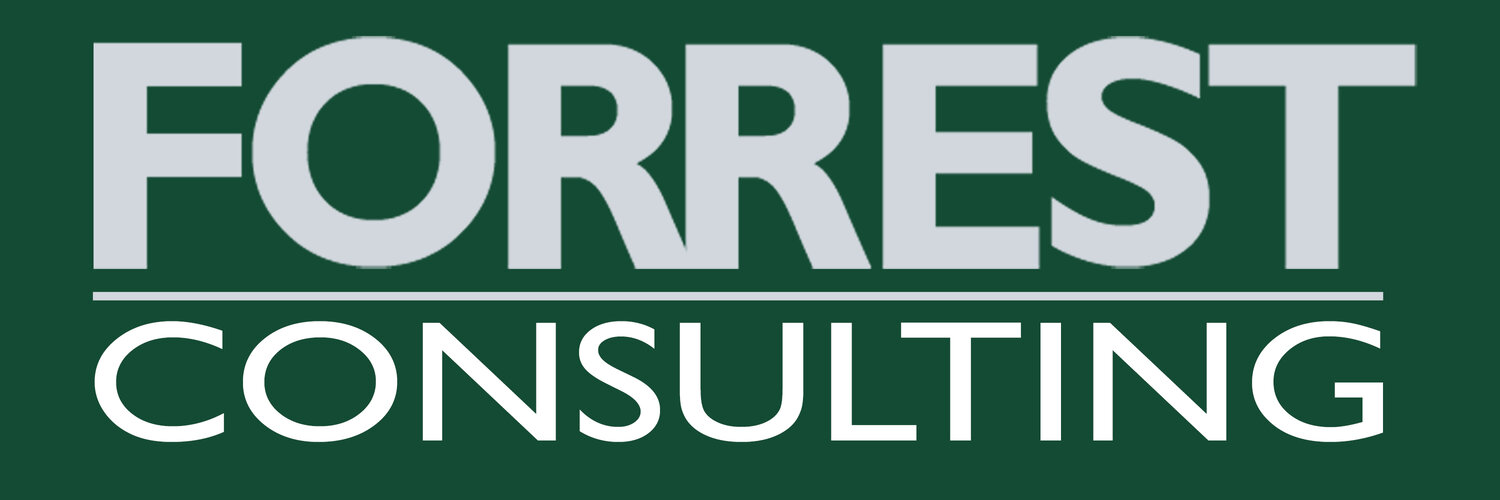10 benchmarks for effective strategies
“All men can see these tactics whereby I conquer, but what none can see is the strategy out of which victory is evolved.” - Sun Tzu
Strategies are the major planned steps that will move the organization across the strategic gap from where it is today and where it otherwise is heading to the brighter future offered by the organization's shared vision of success.
Organizational success most always arises from crafting and executing strategies to move toward a vision.
“The future doesn't just happen – it's shaped by decisions.” - Paul Tagliabue
What’s important is that the organization finds and pursues effective strategies. Otherwise, while a vision of success may exist, progress toward it will not be realized.
“Without a strategy, the organization is like a ship without a rudder, going around in circles. It’s like a tramp; it has no place to go.” - Joel Ross and Michael Kami
As summarized in the graphic, effective strategies meet the following ten benchmarks:
1. Contribution. Effective strategies contribute to the achievement of the strategic vision. They are concerned with “what can be” for the organization.
“Perception is strong and sight weak. In strategy it is important to see distant things as if they were close and to take a distanced view of close things.” - Miyamoto Musashi
2. Intentionality. Effective strategies empower the organization by focusing it on an intentional plan of action.
“You have brains in your head. You have feet in your shoes. You can steer yourself any direction you choose.” - Theodor Seuss Geisel
3. Importance. Effective strategies focus on significant organizational needs.
“Things which matter most must never be at the mercy of things which matter least.” - Johann Wolfgang von Goethe
4. Impact. Effective strategies achieve results.
“Even if you're on the right track, you'll get run over if you just sit there.” - Will Rogers
5. Challenge. Effective strategies challenge the organization to perform at higher levels and in new ways.
“The task of a leader is to get his people from where they are to where they have not been.” - Henry Kissinger
6. Specificity. Effective strategies are well articulated and easily understood.
“No problem can be solved until it is reduced to some simple form. The changing of a vague difficulty into a specific, concrete form is a very essential element in thinking.” - J. P. Morgan
7. Time. Effective strategies are framed by a specific time period, typically within one year. (Multi-year strategies are better broken down into shorter steps.)
“A goal is a dream with a deadline.” - Napoleon Hill
8. Measurablity. The results of effective strategies can be monitored and assessed.
“Measure what is measurable, and make measurable what is not so.” - Galileo Galilei
9. Realism. Effective strategies can realistically be achieved by the organization within the stated time frame.
“You set your goals to a point where they're attainable, but far enough away you have to really go get them.” - Rafael Palmeiro
10. Limitation. Effective strategies by their very nature dictate what the organization will not do during the time period; by limiting the organization they increase its ability to do the things that have the greatest chance of moving it toward the strategic vision.
“The essence of strategy is that you must set limits on what you're trying to accomplish.” - Michael Porter

